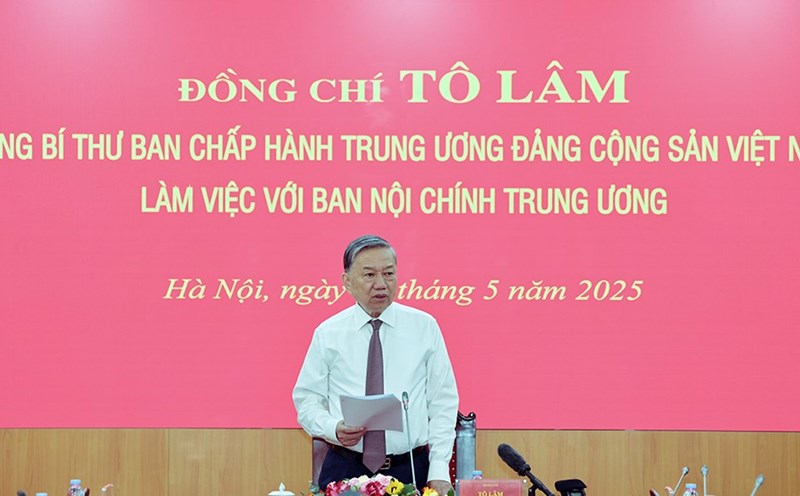My friend is the leader of a small business with about 50 employees. He complained that every summer his company's electricity bill skyrockets.
"It's true that summer has come, the demand for electricity has increased, but I think partly because the awareness of the staff in the electricity saving company is not good" - he said.
This year, he decided to set internal regulations: Not turning off the lights when leaving, not turning off the air conditioners, even if the air conditioners turn on and leave without closing the doors, the fine is 50,000 VND...
He said that the problem is not how much money is collected, but there needs to be sanctions so that everyone in the agency is more aware.
In the context of increasingly complex climate change and the continuous increase in electricity demand, especially during the hot peak months, practicing electricity saving is no longer an option but has become an urgent requirement for the whole society. In particular, office customers and administrative and career sectors need to play a pioneering and exemplary role in using energy economically and effectively.
In Hanoi, according to statistics, in 2024 alone, the energy-saving output from office agencies and administrative units in the capital reached 61,910,710kWh. If calculated according to current electricity prices, the savings amount is over 185 billion VND. This is clearly not a small number. If other localities also increase electricity savings, the savings can reach thousands of billions of VND per year.
However, in reality, the situation of waste of electricity in the office area is still quite common, from turning on lights, air conditioning continuously even when not in use, to the habit of forgetting to turn off electrical equipment after work. Therefore, to save electricity effectively, it is necessary to start from changing awareness, considering the safe use of electricity not only the responsibility of the collective but also the personal responsibility of each cadre, civil servant and public employee.
Practicing electricity saving in the office can start with simple but practical actions: turn off electrical equipment when not in use, make the most of natural light, install a regulating temperature of 260C or higher combined with the use of a fan, limit the use of decorative lighting outside of work. The Electricity Agency also recommends that agencies should turn off all electrical equipment after working hours, not leaving the equipment in waiting mode, causing unnecessary power consumption.
In addition, gradually replacing the old lighting system with energy-saving lights, promoting internal communication work to form smart electricity consumption habits also need to be focused on. Small, persistent actions will bring great results, both reducing operating costs and contributing to raising environmental awareness among each staff member and employee.
For each organization and enterprise, the imposition of internal sanctions is also a habit and awareness in saving electricity.










